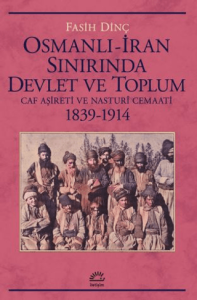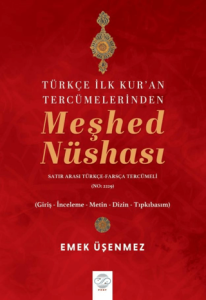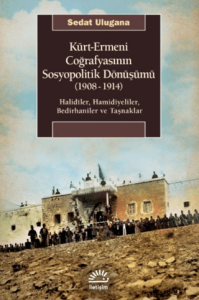
Ergatis is a Greek-language newspaper published in Izmir from August 1908 until April 1909. Through the study of this newspaper, this book tries to shed light on certain aspects of the ideological developments that took place in the Ottoman Empire during the first months of the Second Constitutional Period, giving one example of one of the possible handicaps of Ottoman modernization.It would seem that at least a part of Izmirs Greek-orthodox bourgeoisie to which the publishers of Ergatis belong rally around goals that are not very different from the goals pursued by the Young Turks: uniting all Ottomans around a notion of Ottomanism, modernizing the Ottoman Empire and constructing an Ottoman national economy. However, their inability or unwillingness to sever their ties with their communitys traditional leadership and ideology, places severe constraints upon their modernizing discourse.
Ergatis is a Greek-language newspaper published in Izmir from August 1908 until April 1909. Through the study of this newspaper, this book tries to shed light on certain aspects of the ideological developments that took place in the Ottoman Empire during the first months of the Second Constitutional Period, giving one example of one of the possible handicaps of Ottoman modernization.It would seem that at least a part of Izmirs Greek-orthodox bourgeoisie to which the publishers of Ergatis belong rally around goals that are not very different from the goals pursued by the Young Turks: uniting all Ottomans around a notion of Ottomanism, modernizing the Ottoman Empire and constructing an Ottoman national economy. However, their inability or unwillingness to sever their ties with their communitys traditional leadership and ideology, places severe constraints upon their modernizing discourse.











